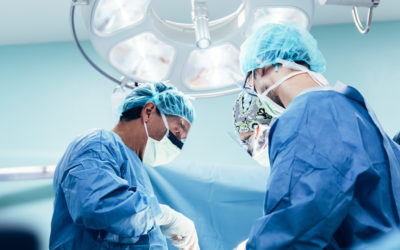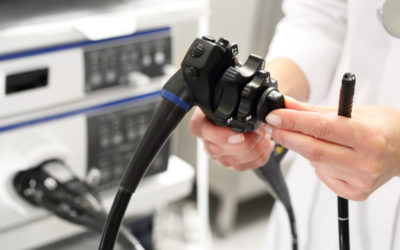Pre and Post Surgery Instructions
Preparing for Surgery
The night before surgery, please follow these guidelines:
- Eat a light dinner.
- Do not use alcohol or over-the-counter drugs, including cigarettes and chewing tobacco.
- Do not eat or drink after midnight, including gum, candy and water.
- Take prescription drugs with sips of water unless specifically told not to do so by your doctor.
- Take a complete bath or shower using the special brush provided to you, before coming to the hospital—with special attention given to the area to be operated on.
- Wash your hair and contain long hair in a braid, ponytail or otherwise.
- Do not apply any makeup, deodorant, body powders, etc., to any area near the surgical site after your bath or shower.
- Wear comfortable clothing that will not be tight on the surgical site.
- Do not wear contact lenses, jewelry or any valuables.
- Remove all nail polish.
The evening before your procedure or surgery a nurse will call you to confirm your admission and surgery arrival times and answer any questions you may have. At that time, additional information regarding your hospital stay will be given.
A consent form for the surgery must be signed, either in the office with your physician or on the day of surgery, before any preoperative medication is given. The anesthesia department may also discuss your health history and have you sign an anesthesia consent form prior to surgery. Accordingly, if the patient is a minor, under 18 years of age, he or she must be accompanied by a parent or legal guardian who may sign the form at the hospital.
If your physical condition changes between the time you see your doctor and the time of your surgery, notify your doctor. (For example, if you develop a fever, come down with a cold or any other health issues.)
If you are to have a general anesthesia or conscious sedation, have a responsible adult with you to drive you home after your operation, as you will not be released to drive yourself.
For the comfort of all our patients, we prefer that you have only one support person at a time with you in the pre-op and recovery areas of short-stay surgery.
Before Surgery
Before surgery you will be greeted by a nurse who will help you prepare for surgery.
- Clothing will be removed and placed in a plastic bag.
- If you wear dentures, they may be removed in the preoperative area and returned after surgery.
- A hospital gown and slippers will be provided.
- Medical history will be obtained and an IV may be started.
- Preoperative medications ordered by your surgeon or anesthesiologist will be administered.
- Operating room personnel will accompany you to the operation room.
After Surgery
For 24 hours after surgery, you must not drive or operate machinery because of the effects of anesthesia.
Surgery and anesthesia may leave you with a decreased appetite and feeling very tired. When you begin to feel hungry, start off with a few sips of ginger ale or lemon-lime soft drink. It may be several hours or even the next morning before you feel like eating. Don’t rush. If there is the slightest doubt, don’t eat or drink anything. You may experience some nausea. Call your physician if you continue to have problems, such as vomiting, increased pain, inability to urinate, etc.
Schedule a Consultation
Call 702-346-8040
Related Services and Conditions
Surgical Services
Mesa View Regional Hospital offers general and specialized surgical procedures. Many of these procedures are available on a same-day, outpatient basis. Whether it's a planned surgery or an emergency procedure, our experienced staff can tend to you in one of our two...
Colonoscopy
Colorectal Cancer Screening and Colonoscopy Prep Although colorectal cancer is one of the most common cancers in the United States, it often goes undetected, according to the American Cancer Society. Symptoms do not usually occur until the disease is advanced and 75%...
Hernia
Hernias can be more than a pain in the side. People of all ages can develop hernias. A hernia is when an internal organ or tissue bulges through an abnormal opening in the body, such as a hole or weakness in the abdominal wall. Hernias can occur at various parts of...



